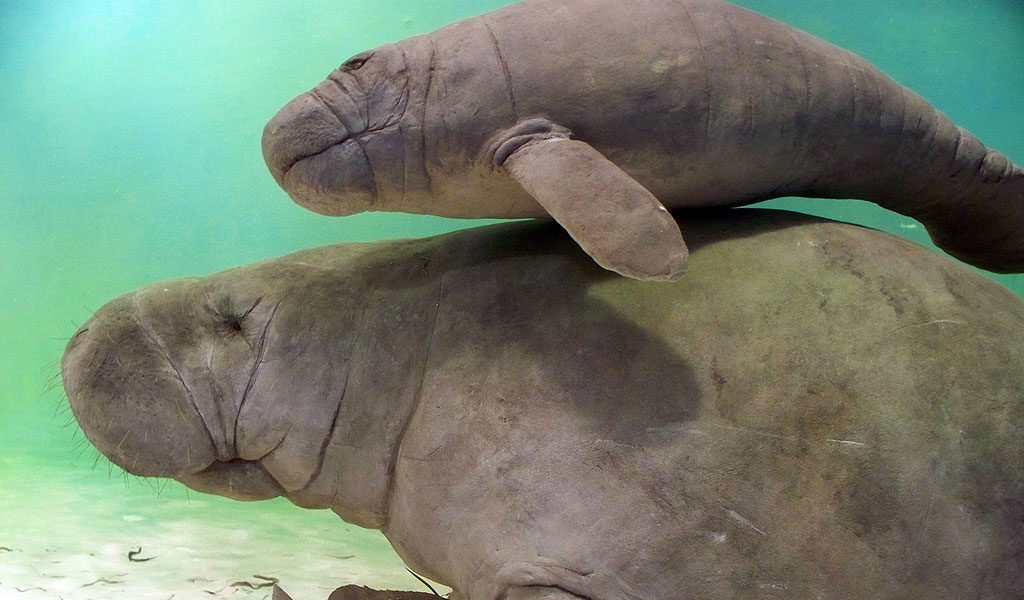The numbers of larger freshwater animals are in sharp decline all over the world, according to a study conducted by a Berlin-based hydrographic institute.

The report was published in the journal Global Change Biology on Friday, August 9, 2019.
Species weighing more than 30 kilogrammes
had seen an 88 per cent fall between 1970 and 2012, the study by scientists at
the Leibniz Institute of Freshwater Ecology and Inland Fisheries found.
The loss is twice that among vertebrates on land or in the seas.
“Large fish species such as sturgeons, salmonids and giant catfishes are particularly threatened: with a 94 per cent decline, followed by reptiles with 72 per cent,” the institute said.
Overexploitation was the primary threat to freshwater megafauna, which were often targeted for meat, skin and eggs, it added.
“Furthermore, the decline of large fish species is also attributed to the loss of free-flowing rivers as access to spawning and feeding grounds are often blocked by dams.”
The scientists criticised the fact that another 3,700 large dams were planned or under construction, saying this would exacerbate river fragmentation even further.
“More than 800 of these planned dams are located in diversity hotspots of freshwater megafauna, including Amazon, Congo, Mekong and Ganges river basins,” they said.
The scientists compiled available time series data for 126 freshwater megafauna species worldwide, as well as the historical and contemporary geographic distribution data of 44 species in Europe and the U.S.
But they noted large gaps in monitoring and conservation actions for freshwater megafauna, particularly in areas with high levels of biodiversity.
